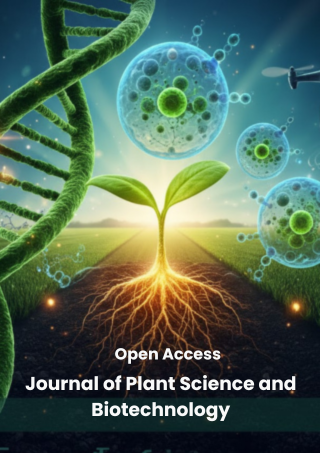Genome Editing
Genome editing technologies such as CRISPR-Cas systems, TALENs (Transcription Activator-Like Effector Nucleases), and Zinc Finger Nucleases (ZFNs) have revolutionized plant science by enabling precise modifications to plant genomes. These tools allow researchers to target specific genes, insert or delete DNA sequences, and fine-tune gene expression, thereby accelerating the development of improved crop varieties. Unlike traditional breeding, genome editing provides accuracy, speed, and efficiency in introducing desirable traits. In agriculture, genome editing is being applied to enhance crop yield, nutritional quality, and resistance to diseases, pests, and environmental stresses. For example, CRISPR has been used to develop drought-tolerant rice, disease-resistant wheat, and nutrient-enriched tomatoes. TALENs and ZFNs, though less widely used than CRISPR, continue to play important roles in creating targeted gene knockouts and trait modifications. Beyond crop improvement, genome editing also facilitates functional genomics studies, helping scientists unravel gene functions and regulatory networks in plants. With its potential to create climate-resilient and resource-efficient crops, genome editing stands at the forefront of sustainable agriculture, offering powerful solutions to global food security challenges.
Article Processing Timeline
| 2-5 Days | Initial Quality & Plagiarism Check |
| 15 Days |
Peer Review Feedback |
| 85% | Acceptance Rate (after peer review) |
| 30-45 Days | Total article processing time |
Journal Flyer


